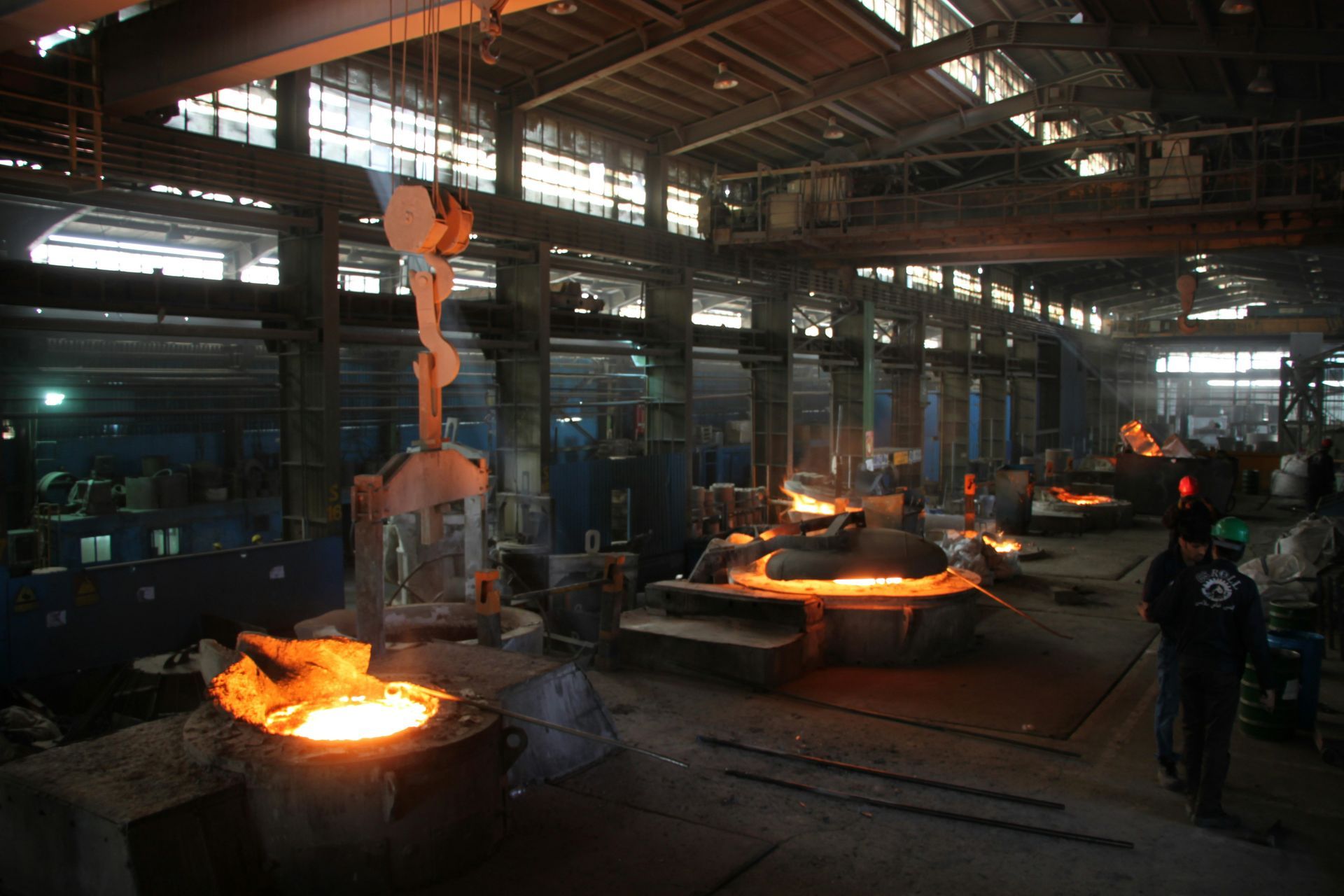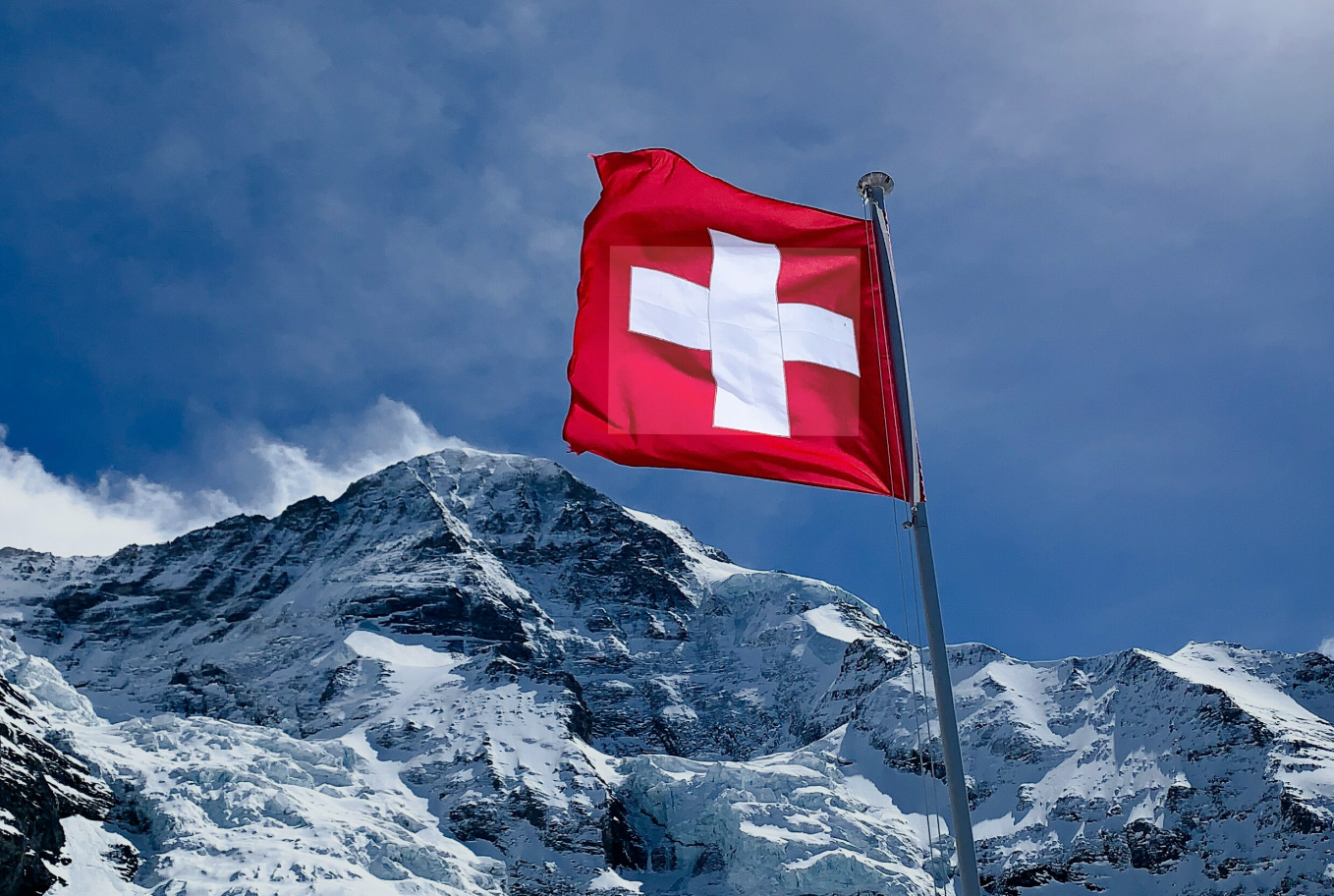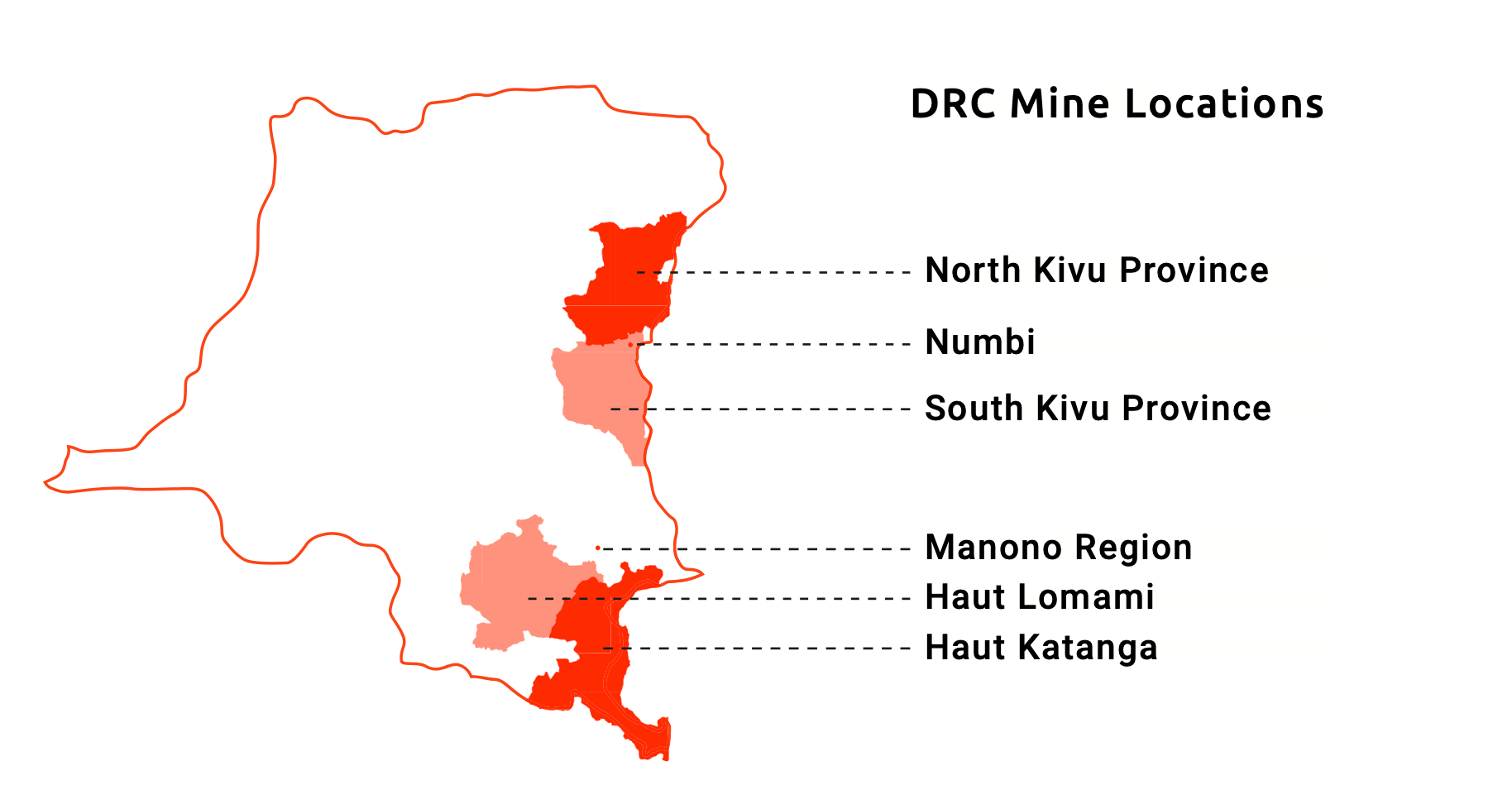China & Indonesia’s forced labor-stricken nickel parks
China is rapidly stockpiling nickel, seizing on low global prices to double its strategic reserves of the metal, which is critical for both stainless steel and electric vehicle batteries. According to a Financial Times investigation published in July 2025, Beijing is estimated to have purchased up to 100,000 tonnes of high-purity “class one” nickel since December 2024.
The move is widely seen as a response to rising geopolitical tensions with the United States and a reflection of China’s push to secure its critical mineral supply chains. Analysts point to a sharp increase in Chinese nickel imports and withdrawals from the London Metal Exchange as further evidence of a concerted national effort to stockpile the metal.
This surge in Chinese purchasing has deep links to Indonesia, which has become the world’s dominant nickel supplier.

Indonesia hosts vast nickel laterite deposits, primarily on the islands of Sulawesi—especially in Morowali, Kolaka, and Konawe districts—and on Halmahera in North Maluku.
Traditionally, Indonesia exported this nickel-rich ore in raw form. However, in January 2020, the government imposed a ban on the export of unprocessed nickel ore, aiming to stimulate domestic value-added production.
The ban forced foreign buyers, chiefly Chinese metallurgical companies, to shift their investments into local processing facilities.
In the years since the ban, dozens of nickel smelters have been constructed across Indonesia, particularly in large industrial parks like the Indonesia Morowali Industrial Park (IMIP) in Central Sulawesi, the Weda Bay Industrial Park (IWIP) in North Maluku, and other zones in Southeast Sulawesi and Obi Island.
These complexes are joint ventures between Indonesian and Chinese companies such as Tsingshan and Delong, which now source nickel ore directly from local mines, many of which they own or operate.
As a result of these developments, Indonesia’s nickel output has expanded dramatically.
By 2022, the country was producing nearly half of the world’s nickel ore—far surpassing other suppliers—and is projected to maintain this lead through 2030.
China is the primary destination, although Indonesian nickel chemicals are also shipped to South Korea and Japan.
A Supply Chain Anchored in Indonesia
Once in China, Indonesian nickel intermediates are refined and processed by companies such as GEM Co., CNGR, and Zhejiang Huayou.
These materials are used in various industrial applications, including the production of electric vehicle batteries.
China’s largest battery manufacturer, CATL (Contemporary Amperex Technology Ltd.), has also entered joint ventures in Indonesia to secure direct access to nickel feedstock.
Global automakers—Tesla, Volkswagen, BMW, Hyundai, Ford, BYD, and others—rely heavily on nickel-rich batteries for multiple EV models.
Tesla, for instance, signed a USD 5 billion deal in 2022 to secure Indonesian nickel for its supply chain.
Despite the growing emphasis on nickel’s role in the clean energy transition, the bulk of global nickel output—roughly two-thirds—is still used in stainless steel, an essential alloy for construction, infrastructure, and consumer goods.
China produces more than half of the world’s stainless steel, much of it using feedstock sourced from Indonesia.
Nickel also plays a role in electroplating and is a key alloying material in high-end electronics, electrical equipment, and non-ferrous alloys.
Abuses in Indonesia’s Nickel Parks
While Indonesia’s nickel sector has become indispensable to global industry, its growth has come at a steep human cost.
Over the past few years, numerous investigations have documented widespread labor rights abuses and indicators of forced labor in the sector.
In 2024, the U.S. Department of Labor added Indonesian nickel to its List of Goods Produced by Child Labor or Forced Labor, citing consistent reports of coercive and exploitative working conditions.
Workers at nickel facilities in Sulawesi and Maluku have been found to endure excessive and involuntary overtime, unsafe conditions, withheld or unpaid wages, and arbitrary fines. There have also been reports of threats, violence, and debt bondage.
Chinese migrant workers, in particular, face acute vulnerabilities. Often recruited under deceptive terms, they have reported arriving at nickel operations only to have their passports confiscated and their pay drastically reduced.
According to China Labor Watch investigations conducted between 2021 and 2023, workers at facilities such as PT Virtue Dragon Nickel Industry were promised salaries of approximately USD 2,200 per month but ended up receiving as little as USD 150.
When attempting to leave, they were asked to pay fees as high as USD 7,400 to retrieve their passports, effectively trapping them in debt bondage.
Other abuses included contract substitution, denial of rest periods, lack of legal work permits, and physical violence for minor infractions. These conditions meet the international definitions of forced labor and modern slavery.
The abuses are concentrated in the large Chinese-Indonesian joint venture parks that now dominate the nickel processing landscape. An estimated 6,000 Chinese migrant workers are employed in these industrial zones, alongside tens of thousands of Indonesian workers. Both groups face dangerous working environments and limited recourse to justice. For Chinese workers, isolation, language barriers, and lack of legal status amplify their risk of exploitation.
Safety Failures
The scale of industrial accidents in Indonesia’s nickel sector also reflects systemic safety failures. According to Trend Asia, a Jakarta-based environmental and labor rights group, there were 93 industrial accidents in the nickel sector between 2019 and 2023, resulting in 91 fatalities and 158 injuries.
In the first half of 2024 alone, 17 additional accidents led to 8 more deaths and 63 injuries in major hubs like Morowali and Weda Bay. Common incidents include furnace explosions, vehicle crashes, and fires—often attributed to lax regulation, poor maintenance, and inadequate training in a sector rushing to maximize output.
Indonesian workers typically earn between IDR 4 and 5 million per month (USD $300–$330), an amount barely sufficient to cover basic living expenses in remote mining regions where costs are high.
As a result, workers rely heavily on overtime—often far beyond legal limits—to earn a livable income. Reports of wage theft, withheld overtime pay, and unexplained deductions are common, as is intimidation of those who speak out.
In sum, Indonesia’s nickel boom has been a windfall for global industries and a strategic asset for countries like China. But the conditions under which this supply is secured expose serious risks. As the world accelerates its transition to electric mobility and green technologies, the social and ethical costs embedded in critical mineral supply chains are becoming impossible to ignore.
.



